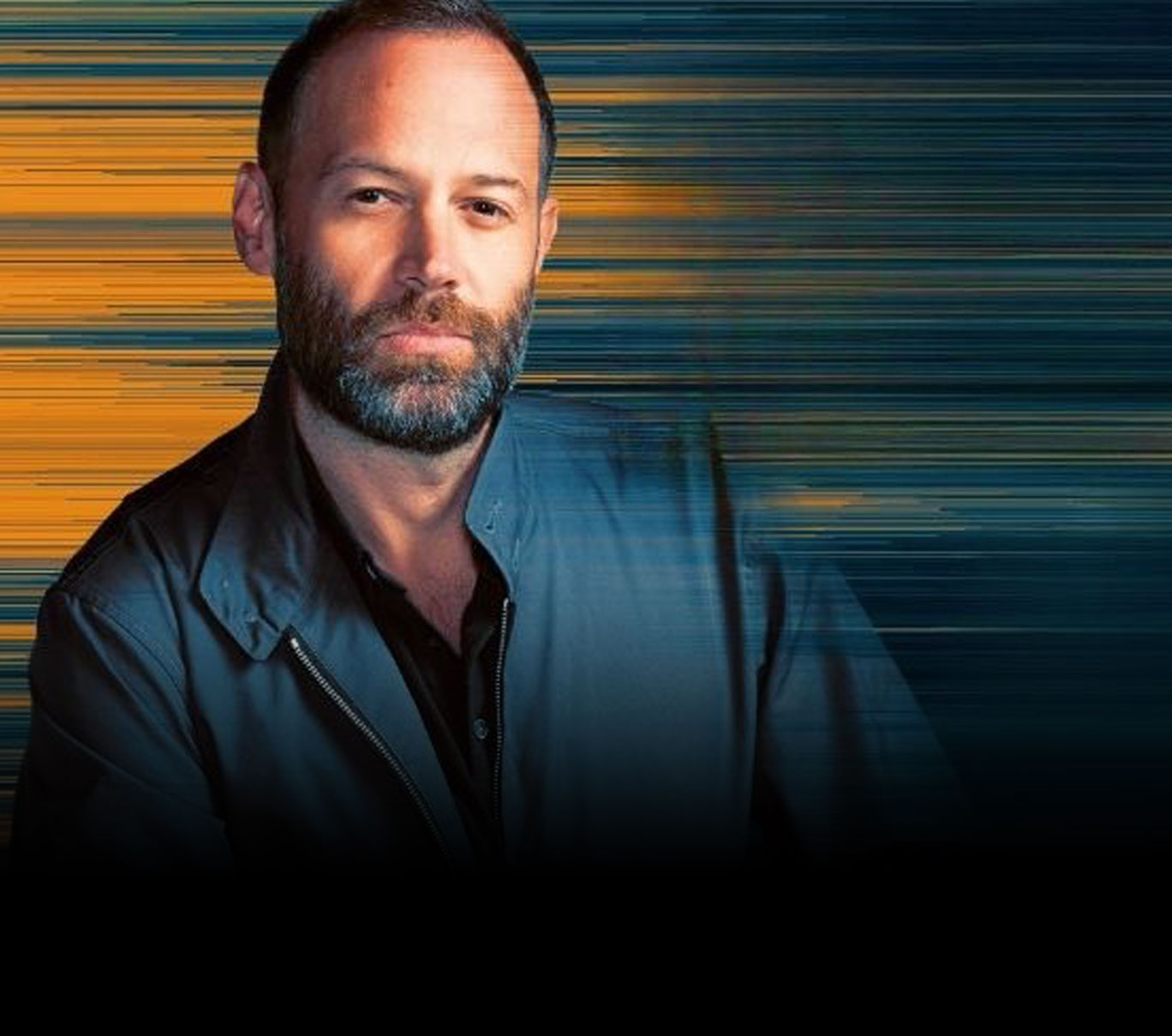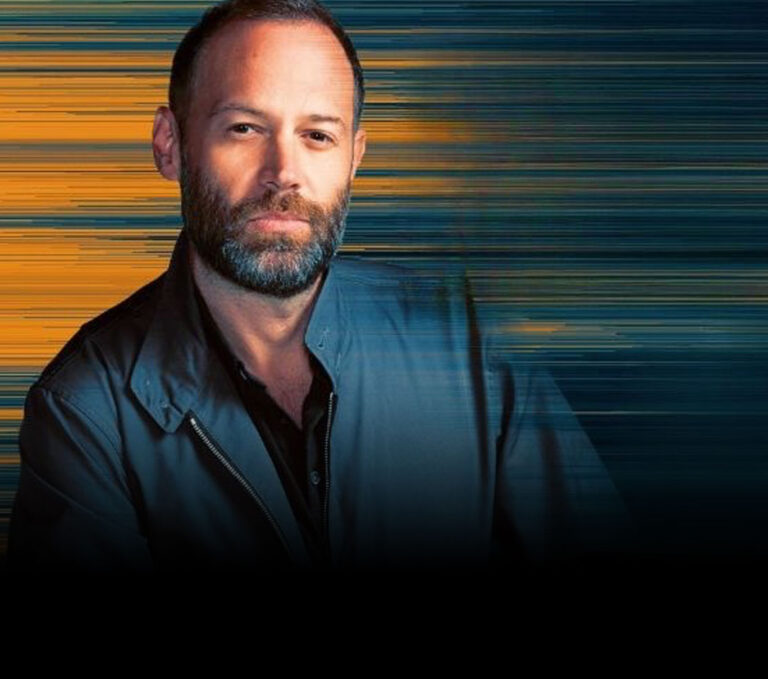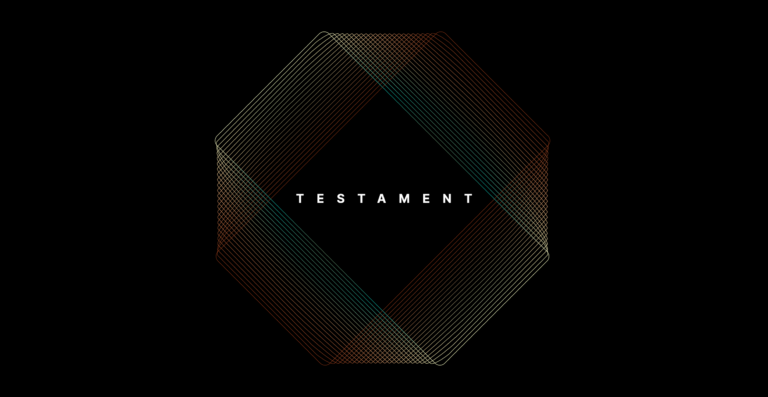Author: James Poulos Ph.D
[Los Angeles, CA] – [Nov 28, 2024] The digital swarm has swallowed us whole, pulling humanity into its orbit of ceaseless simulation and algorithmic churn. This is not a mere technical revolution; it is a metaphysical rupture, one that disorients and isolates, severing us from the primal myths and symbols that once bound us to each other and to the cosmos. Ours is an age of relentless automation—not just of work and thought, but of memory and meaning itself. The Genesis Creation Project stands as a counter-force to this dehumanizing vortex, a deliberate act of cultural and spiritual reclamation. It resists the digital swarm’s manufactured illusions with something infinitely real: a sacred narrative that anchors human identity in divine order and ultimate purpose.
The so-called creativity of the digital age is no creativity at all. Its endless generation of simulated identities and artificial dreams is a shadow play, mimicking creation while hollowing out its substance. What these machines produce is noise disguised as meaning, distraction posing as transcendence. By contrast, the Genesis narrative reveals the primal act of creation as the ordering of chaos, the breathing of life into dust, the union of form and purpose. This story is not an artifact of antiquity but an eternal foundation, a unifying memory capable of cutting through the fragmentation of our present condition. It confronts our algorithmic simulacra with the sharp edge of truth: humanity’s place is not at the mercy of the machine, but at the center of a cosmos imbued with sacred intention.
The Genesis Creation Project does not merely recount this story; it reanimates it. Immersing participants in the textures of creation—light breaking from darkness, the breath of life stirring the inert—it resists the flattening effect of our digital malaise. It is not a spectacle of entertainment but an act of defiance against nihilism and entropy. Here, creation is remembered not as a static myth but as a living foundation for the human spirit, a wellspring of memory and meaning that transcends the deadening fragmentation of digital culture.
This confrontation is more urgent than ever as our culture descends into “Year Zero” thinking, the obliteration of inherited memory to pave the way for a rootless, programmable future. Against this backdrop, the Genesis Creation Project offers a bold counter-vision. It is not a nostalgic retreat into the past but a retrieval of origins that illuminates what could be—a sacred framework for living that binds humanity to divine creativity and responsibility. Creation, in this sense, is not simply an event that was but an order that persists, inviting us into the ongoing story of being.
Yet this resistance is no easy task. The machinery of digital modernity thrives on our disconnection, fueling its insatiable appetite for control. To stand against it is to remember that we were never meant to be creatures of the swarm, mere nodes in a network. We are stewards of a creation that precedes and transcends us, bearers of memory and seekers of truth. To embrace this is to reject the cold, disembodied future that our machines are programming for us and to reclaim our place within a sacred cosmos.
The Genesis Creation Project is not merely a counterbalance; it is a provocation, a call to arms against the erasure of what makes us human. It demands of us not just recollection but reawakening. Creation is not over; it continues. By participating in this sacred story, we do not merely survive the digital age—we subvert it.



